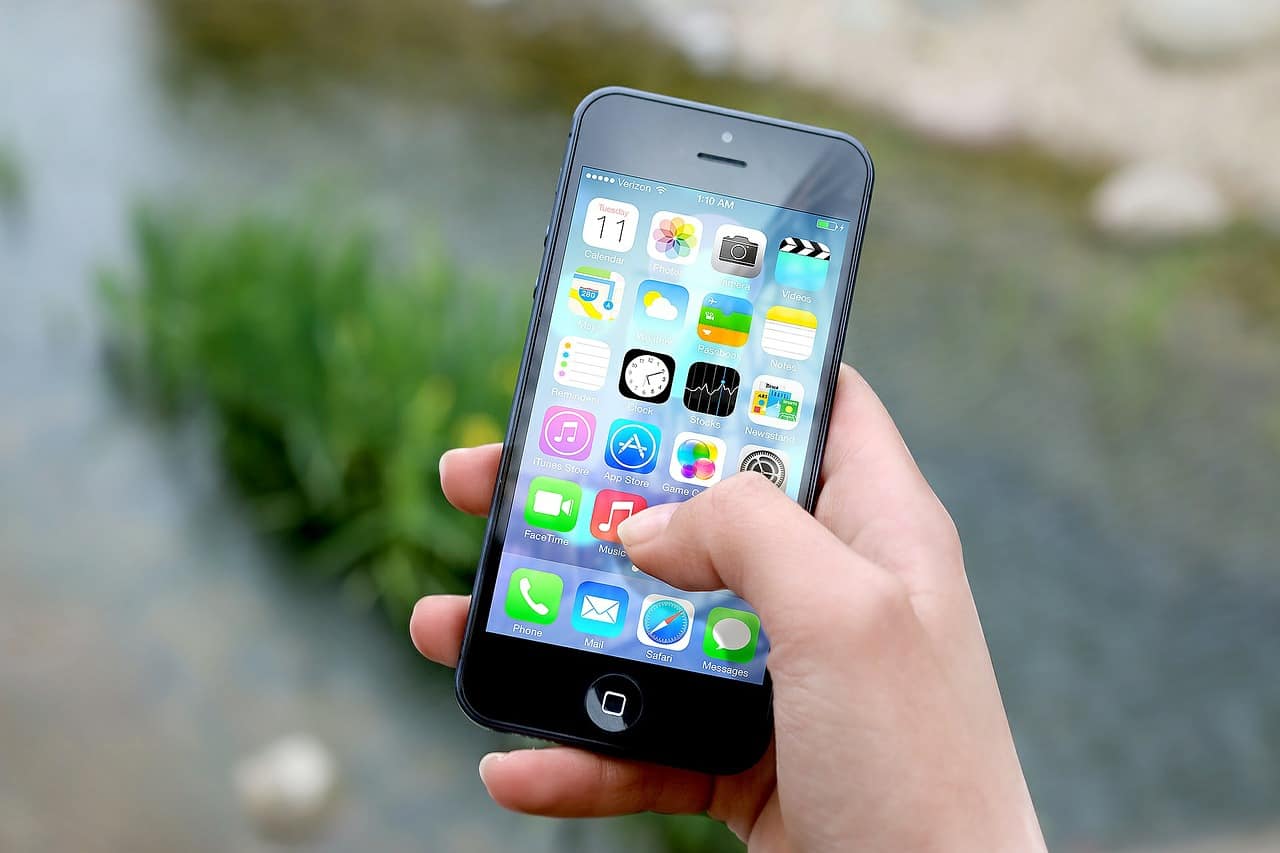
Our smartphones hold a massive amount of personal data, which means it’s important to keep them secure. As data leaks become all the more common, with social apps like Instagram and Facebook, all falling victim to breaches in recent years, keeping your web activity safe can be all the more critical. Here’s a look at a few easy steps you can take to make using your smartphone safe from hackers.
1. Use Secure Apps for Communication
Using secure apps that employ techniques like encryption to protect your data can reduce the chances of intruders snooping on your conversations. Encryption is a process that makes information appear unintelligible when it’s being transferred from the sender to the recipient, increasing the likelihood that only the intended parties can see your text messages or emails.
Both Gmail and Outlook use encryption so long as the recipient is also using an email provider that supports it. Those who are dealing with extra sensitive information could also try Proton Mail, which doesn’t monitor web activity like large firms such as Google and only stores data in countries with strong privacy protections, such as Switzerland.
Ketika berbicara tentang olah pesan, pilihan terbaik untuk pengguna yang berorientasi privasi adalah Signal, yang tersedia untuk iOS dan Android dan mendukung enkripsi end-to-end di samping fitur keamanan-sentris lainnya, seperti kemampuan untuk mengatur riwayat obrolan Anda menjadi menghilang. IMessage Apple dan Facebook WhatsApp juga mendukung enkripsi end-to-end secara default.
2. Keep Your Phone’s Software Up to Date
Keeping your smartphone up to date is important for several reasons. Not only does it often bring new features to your device, but it ensures that you’re running on the most secure version of Apple’s iOS or Google’s Android operating system. That’s because operating system updates sometimes include fixes for vulnerabilities that can be exploited by malicious actors if left unattended.
3. Limit Which Apps Have Access to Your Device and Personal Information
From your location to the contacts in your phone book, apps can gather a broad array of data from your mobile device. The best and most efficient way to cut down on the number of companies that may have access to your personal information is to delete any apps and their respective accounts you don’t use. Purge your app library and get rid of programs you haven’t opened in a while, especially apps you have may have downloaded for a specific event like a festival or a conference.
4. Use a Password Manager
Memorizing individual passwords for all of your online accounts can be difficult. And re-using the same password for multiple accounts is never a good idea. That’s why apps like LastPass, 1Password, and Keeper can be very useful. These apps generate complex random passwords and can automatically log you into websites. All you have to do is remember your master password for the service. And when creating a master password or any password, remember to create one that’s unique and difficult to guess.
5. Use a VPN when Connecting to Wi-Fi in Public
We transfer sensitive information over Wi-Fi networks every day, which is why it’s critical to make sure you’re doing so in a secure and private way. Virtual Private Networks or VPNs, can help with that. A VPN establishes a secure Wi-Fi connection that masks your device’s internet protocol address, therefore hiding your phone’s location and identity. That extra layer of security also makes it far less likely that intruders will gain access to sensitive information being shared over Wi-Fi than if you were to use a regular public network. Some popular VPN services include NordVPN, ExpressVPN, and PureVPN.
Top Photo Source: pixabay.com/users/jeshoots-com-264599

